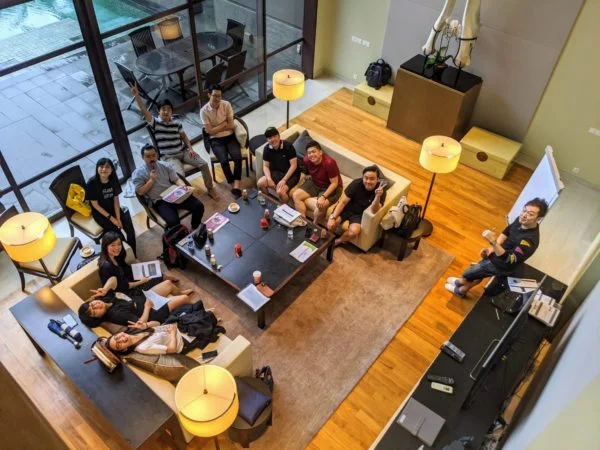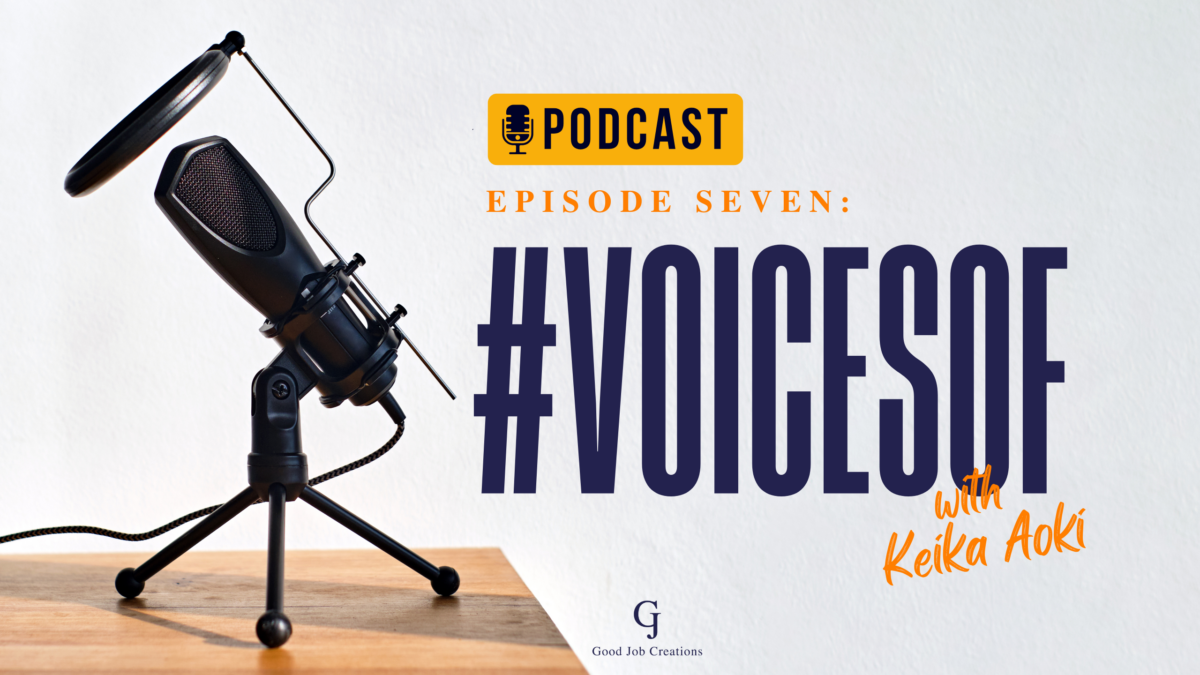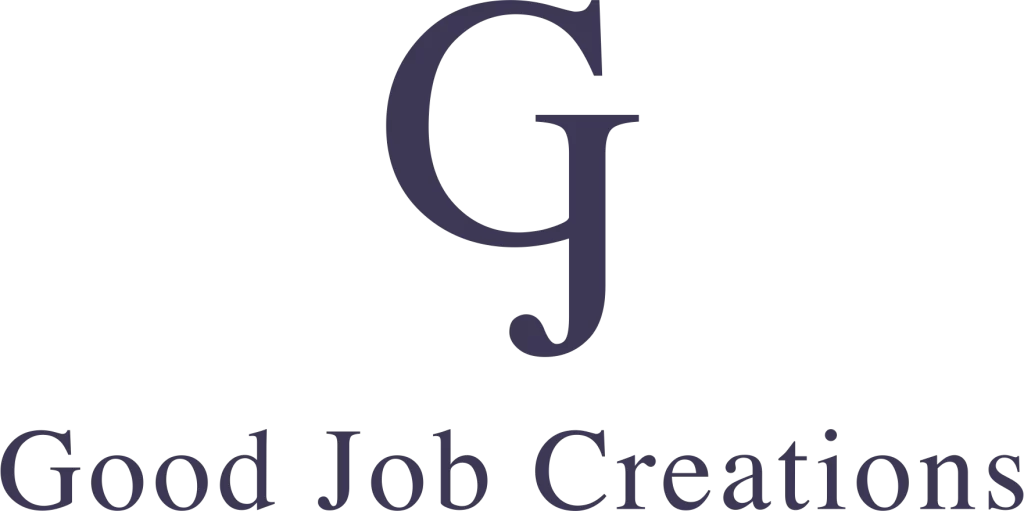Grit vs Talent: What’s The Difference And Why Does It Matter?
gjc
on
December 20, 2024
At times, exceptional performances at the workplace leave some wondering whether it’s a matter of talent or grit. The article series on Grit will unravel how high achievers succeed and why they stay successful, with part one helping you understand what true passion and perseverance can do for you.
Many will recognize talent from a mile away. When we see someone perform a task almost effortlessly, we often conclude that they’re extremely talented. But what most of us fail to see is the arduous hours spent in toiling, preparation, and practice that’s invested behind the scenes.
Academic Psychologist Angela Duckworth, who wrote Grit: The Power of Passion and Perseverance, has done extensive research on thousands of individuals ranging from military cadets to salespeople to students at a public school and spellers at a Spelling Bee contest.
Duckworth’s research has pulled back the curtains and unravelled what made high achievers so successful and also staying successful. After fine-tuning the results of her research, she concluded that a combination of passion and perseverance is what makes these people stand out from the rest; in other words,they have grit.
What is Grit?
Grit, in simpler terms, means perseverance and effort—to demonstrate an unusual ability that combines exceptional zeal and a capacity for hard work that strives beyond excellence. It’s a ‘never-give-up’ attitude.
More often than not, our passion for certain interests dwindles mainly due to a lack of commitment and perseverance. If we are looking for a certain outcome or success yet only put in meagre effort, chances are, we might also miss out on the improvement that slowly trickles in. And what’s worse, is that our impatience causes us to walk away just as quickly as we started.
Why does grit matter in what we do?
When we start something, the end goal is always to get the job done. But as for high achievers, they don’t just want good; they want to produce the best work. What separates excellent work from mediocre ones is this: High achievers tend to think they are not good enough; they are satisfied being unsatisfied—a huge contrast to being complacent.
However, some would argue, the ones who are naturally talented are just as capable of producing equally excellent results. So, what are the factors that set the gritty and the talented apart?
William James, a Harvard psychologist, declared “human individual lives usually far within his limits; he possesses powers of various sorts which he habitually fails to use. He energizes below his maximum, and he behaves below his optimum.”
What James was trying to say, is that we humans are only making use of only a small part of our possible mental and physical resources. Hence, merely having talent without investing an ounce of effort, discipline, and perseverance will only remain stagnant—it will never reach its fullest potential. It’s almost as if there’s a gap between potential and actualization.
Therefore, talent alone is no guarantee of success.
Journalist and author, Malcolm Gladwell suggested that talent promotes narcissism in some—a behaviour that encourages short-term performance but discourages long-term learning and growth. We risk leaving everything else that matters in the shadows by placing talent on a pedestal. By doing so, we inevitably send a message to the other factors—including grit—are less significant that it ought to be.
Nietzsche, a German philosopher, once wrote “Our vanity, our self-love, promotes the cult of genius. For if we think of genius as something magical, we are not obliged to compare and find ourselves lacking…To call someone ‘divine‘ means: ‘here there is no need to compete.’”
Grit behaves the opposite, it challenges why must we emphasize plenty on talent and fixate such extreme limits on what we might do, rather than the actual effort put in that will decide where we would end up in the long run.
The ‘natural bias‘ is this: There’s a prejudice hidden against high achievers because they worked so hard for it but we would rather be inclined to those who we think arrived at their destination merely by being naturally talented.
By now, you would have understood thatgrit is not something built but practiced—it’s a high level of consistent effort and discipline. It’s about acknowledging your weaknesses and finding ways to improve. It’s not to yield to setbacks no matter the temptation but to press on despite unfavourable circumstances and challenges that come your way and to take rejection as merely a stepping stone to extraordinary achievements.
Grit, or talent, there’s no one better than the other, but rather, it intertwines with one another because what it does, is produce skill. To develop a skill is to spend hours upon hours beating your craft to create something refined.
One thing to take note of about skill is this—it isn’t the same thing as an achievement. To further illustrate this, in the absence of talent, your effort is barely anything more than your unmet potential. In the absence of effort, your skills are nothing more than what you could have achieved but didn’t.
The takeaway is this: A skill is produced when talent and effort intertwine, and at the same time, effort makes a skill valuable.
It’s no secret that there are no shortcuts to excellence. After all, Rome wasn’t built in a day.
Grit pivots ‘This is all you can do’ mentality to ‘Who knows what you can do?’
Written by Destiny Goh
Marketing Communications Executive
Photo by David Köhler on Unsplash
















